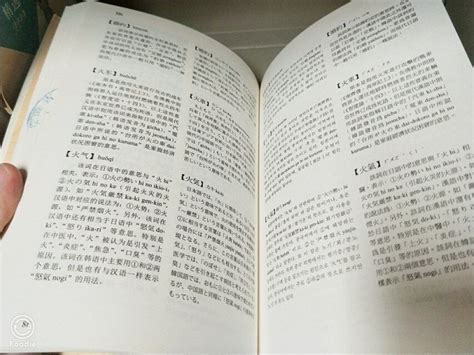废墟图书馆英文翻译
Japanese Library: A Comprehensive Guide
Japanese libraries, often referred to as "Shokugikan" in Japanese, are institutions dedicated to the preservation, dissemination, and access to information. Here's a brief translation and explanation:
Shokugikan (图书馆) A Public Library
A public library in Japan is a community center for knowledge and learning, offering various resources such as books, newspapers, magazines, audio books, and digital materials. They are usually funded by local governments and cater to the needs of all age groups.
1. City Libraries (Shokugikan)
These are the main libraries in urban areas, providing a wide range of services including book lending, research facilities, and educational programs.
2. Regional Libraries (Chūō Shokugikan)
These serve larger regions and often have specialized collections or branches for specific topics like history, science, or literature.
3. School Libraries (Shōgakkai Shokugikan)
These are attached to schools, focusing on educational resources for students and teachers.
4. University Libraries (Kōtō Shokugikan)
These cater to academic institutions, housing extensive collections for research and study.
Services include:
- Book lending
- Interlibrary loans
- Online databases and ebooks
- Research assistance
- Children's and adult literacy programs
- Community events and workshops

Library cards are required for most services. Members can borrow books, access digital resources, and attend events.
Follow basic rules like quiet browsing, no food or drink, and proper handling of materials.
1. Check the library's website for hours, location, and current exhibitions.
2. Learn basic Japanese library search terms (如 "shū" for books).
3. Register for a library card if you're a resident or student.
Japanese libraries play a vital role in promoting literacy and fostering cultural understanding. If you're planning to visit or study in Japan, familiarizing yourself with the local library system will be a valuable asset.
